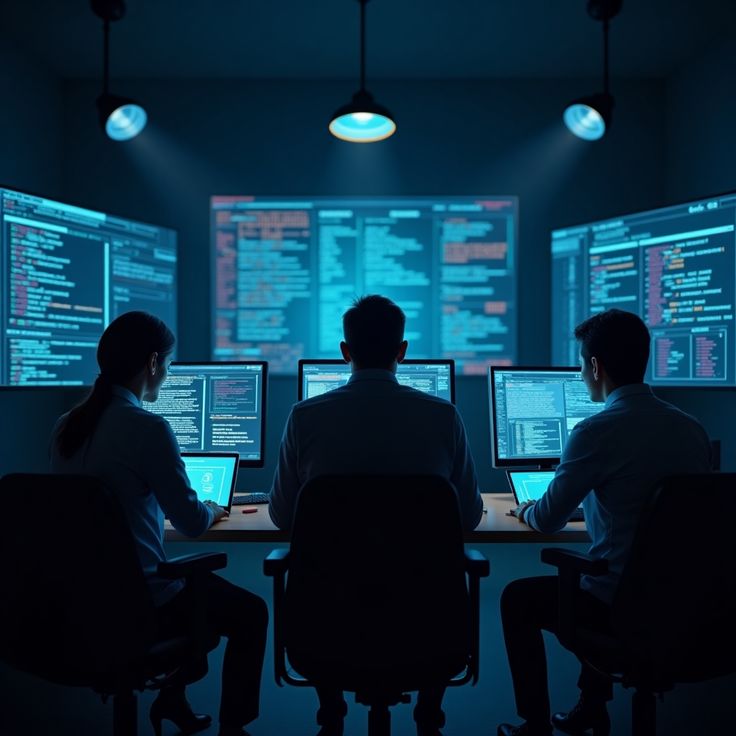1. Facts of the Case
“X”, an individual, is using a secret cipher (encryption method) to send coded messages to his friend “Y”, who then decodes the messages on the receiving end. The nature and content of these messages are unknown to third parties and inaccessible without the key. While the activity appears personal or private, authorities have taken note due to increasing concerns about encrypted communication being used for unlawful purposes. The incident raises legal concerns under Indian laws relating to cybersecurity, encryption, and digital communication.
2. Issues in the Case
- Is it legal for individuals to use secret ciphers or encryption for private communication?
- Does such communication fall under surveillance or regulatory purview of Indian cyber laws?
- Can unauthorized encryption or use of strong ciphers be considered a threat to national security or public order?
- What are the obligations of users or service providers regarding encrypted data under Indian law?
3. Legal Principles Covered
- Information Technology Act, 2000 (India):
- Section 69: Powers to issue directions for interception, monitoring, or decryption of any information through any computer resource in the interest of sovereignty, public order, or preventing incitement to an offense.
- Section 69B: Authorizes monitoring and collection of traffic data or information.
- Section 84A: Empowers the government to prescribe modes or methods of encryption for secure use.
- IT (Procedure and Safeguards for Interception, Monitoring and Decryption of Information) Rules, 2009:
- These rules outline how decryption requests may be made by law enforcement and the process service providers and individuals must follow.
- National Encryption Policy (Draft, 2015)(not officially implemented):
- Although not in force, it proposed restrictions on encryption strength and mandatory access for security agencies.
- Fundamental Rights under Constitution of India:
- Article 21: Right to privacy (recognized in Justice K.S. Puttaswamy v. Union of India, 2017).
- However, this right is not absolute and is subject to reasonable restrictions.
4. Possible Judgement
If the use of the cipher is found to be for innocent personal communication with no threat to national security or violation of law, the court may uphold X’s right to privacy under Article 21. No penal action is likely if no criminal intent or activity is associated.
However, if the encryption is:
- Used to conceal illegal activity, or
- Violates provisions under Section 69 of the IT Act by refusing to decrypt information when lawfully asked by competent authority,
Then the court may:
- Direct X to provide access or decrypt the messages.
- Penalize for non-compliance with lawful decryption orders.
- Recommend stricter oversight or investigation if national security concerns are involved.
Thus, lawful encryption for private use is permitted, but it must comply with legal and security-related obligations under Indian cyber law.




